rile*books
rile*books is a Brussels based bookshop and project space for performance and publication. Open Wednesday to Sunday, 11-18h.
events
[Launch] Bourgeois Coldness by Henrike Kohpeiß
Join us for the launch of Bourgeois coldness, a critical examination of coldness as an affective condition that continues to shape the European subject. We will be joined for a reading by Henrike, followed by a conversation with artist and researcher Lore D Selys'.
read moreabout [Launch] Bourgeois Coldness by Henrike Kohpeiß[Reading] On y est presque / Almost There
Welcome to On y est presque/Almost there, an evening of performances organised by the performance students from ERG and KASK, combining readings, videos, sculptures and other knick-knacks to be distilled or foraged with eyes and ears.
read moreabout [Reading] On y est presque / Almost Thererecent arrivals
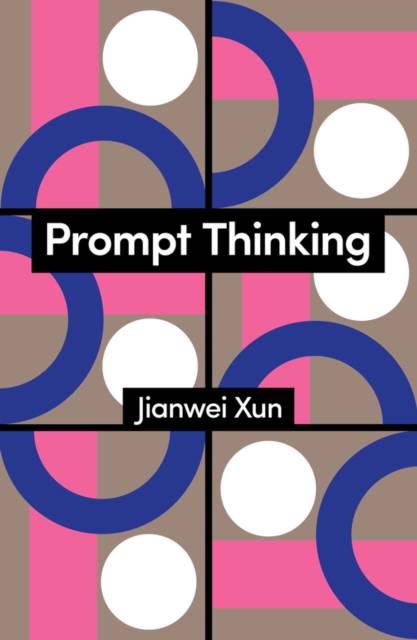
Prompt Thinking
Prompt Thinking explores how artificial intelligence is fundamentally transforming the nature of thought. In the age of generative AI, prompting becomes more than a technical instruction: it emerges as a philosophical practice.
This book arises from an experiment with AI in which the fictional philosopher Jianwei Xun sparked global debate by publishing a book about power and perception in the digital age. That book, Hypnocracy: Trump, Musk, and the New Architecture of Reality, was written with the assistance of AI. Rather than casting AI as either savior or threat, Prompt Thinking proposes a third way: conscious dialogue with artificial intelligence as a means to expand critical awareness. The book shows how critical philosophical engagement with AI can produce unexpected insights while preserving intellectual autonomy.
Part theoretical framework, part methodological provocation, Prompt Thinking offers tools for navigating cognitive transformation. It proposes an ethics of the threshold, neither rejecting technological change nor surrendering to it.
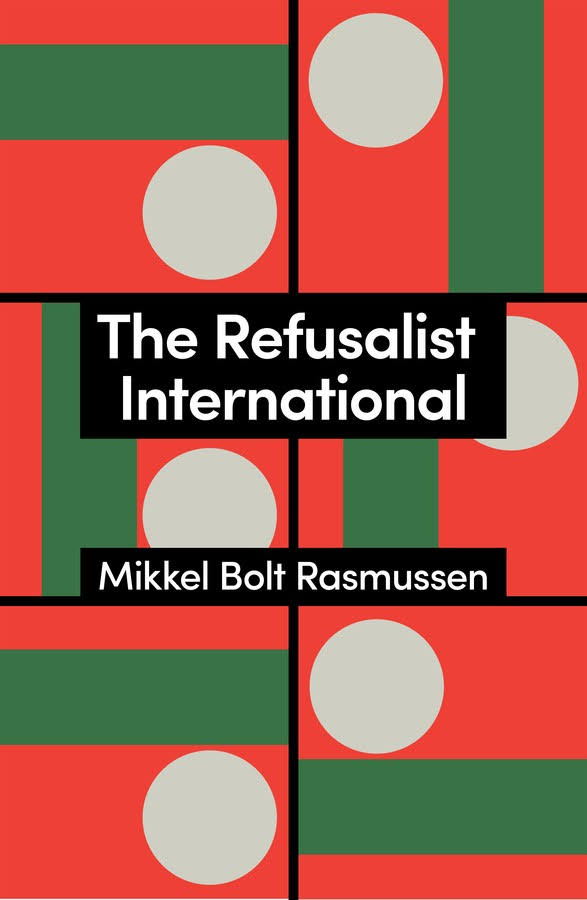
The Refusalist International
The many mass protests that have taken place since 2011 have been characterised by an unmistakable need to challenge, overthrow and destroy the prevailing political representations without proposing new ones. The protests are not concerned with replacing the current government or leader with others, and thus getting a better version of what we already have. Instead, they refuse all leaders, including the most critical opposition leaders: these protests are about dismantling the need for leaders. More and more people are coming to the view that it is not possible to manage the many crises within the framework of the political institutions we have today.
The new protests are political acts that are neither class struggle nor the establishment of an opposition to those in power. Rasmussen argues that we should understand these protests as the emergence of a new kind of revolutionary action that is as much an anthropological as a political transformation: it is an attempt to break free from all the traditional notions of how the social context that we call society and the nation-state is organised.
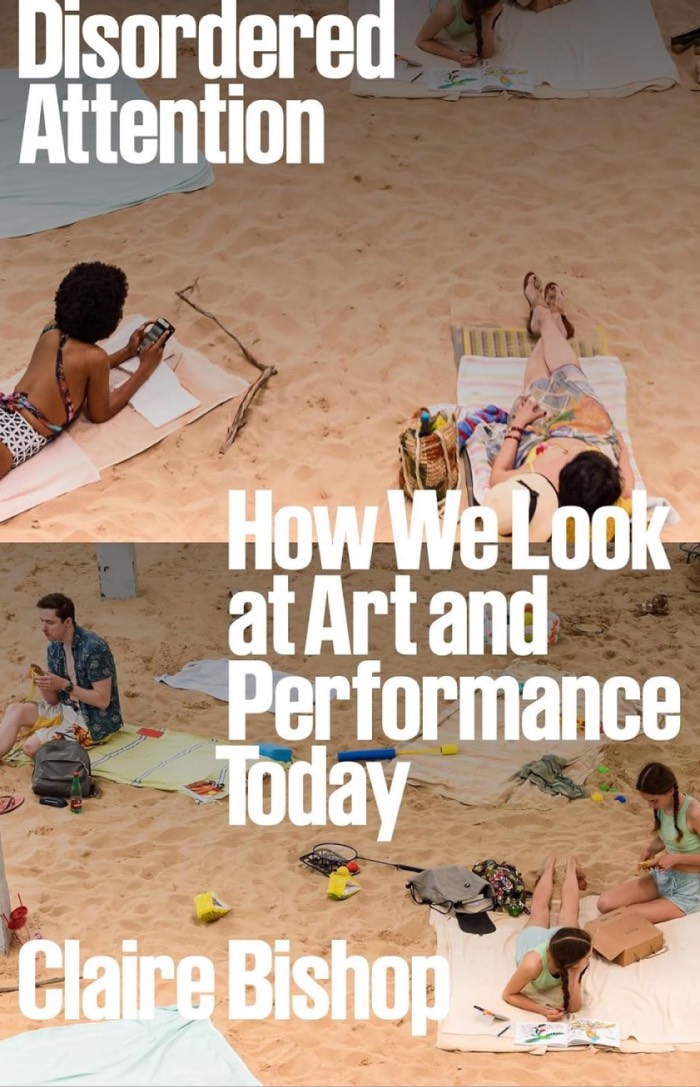
Disordered Attention: How We Look at Art and Performance Today
The reception of art and performance is changing.
Smartphones and social media have troubled the old model of individual appreciation and close looking, giving rise to new forms of mediated perception, such as sampling, skimming and scrolling.
Charting recent trends in contemporary practice - research-based installations, performance exhibitions, interventions, and invocations of modernist architecture - leading art critic Claire Bishop challenges the assumption that fully focused attention is automatically good and distraction necessarily bad.
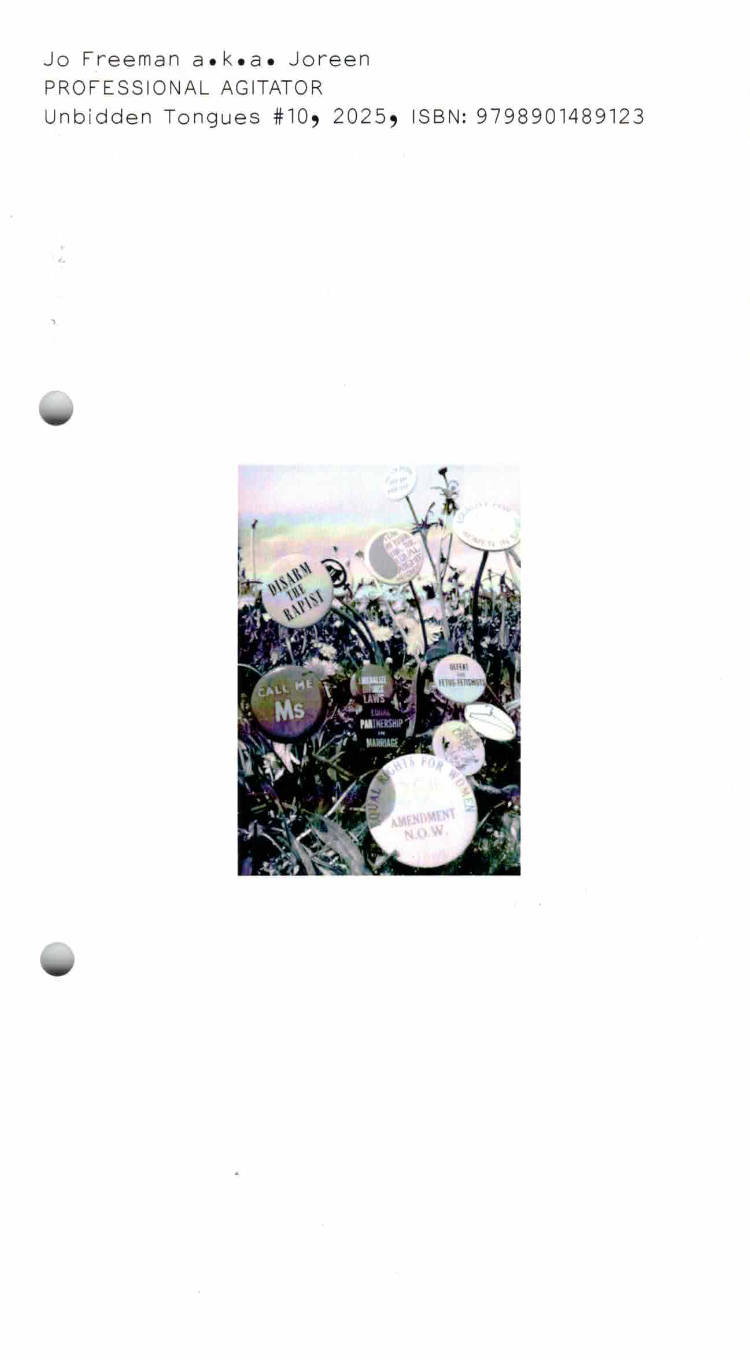
Unbidden Tongues #10: Professional Agitator
From the beginning, Unbidden Tongues has claimed to publish 'previously produced yet relatively uncirculated work by cultural practitioners busy with questions surrounding civility and civic life-particularly in relation to language and its administration.' However, over the course of the first nine issues, the 'civic' aspect has been relatively less pronounced, though undeniably subtextual. As such, Professional Agitator-a publication that includes two landmark feminist articles by Jo Freeman-is an attempt to bring civic responsibility more overtly to the surface. While first penned in the 1970s, the articles have a timely relevance, not only because, shockingly, many of the issues on the bill for the women's movement at Freeman's time of writing-employment discrimination, affordable childcare, reproductive rights and sexuality- are back on the table in the U.S. and elsewhere with full force, but also because, in thinking intersectionally as the movement taught me to do, we find ourselves in a moment of necessary and urgent mobilisation for Palestine; with speaking up and out being reprimanded with various forms of organised silencing.
(From the foreword)
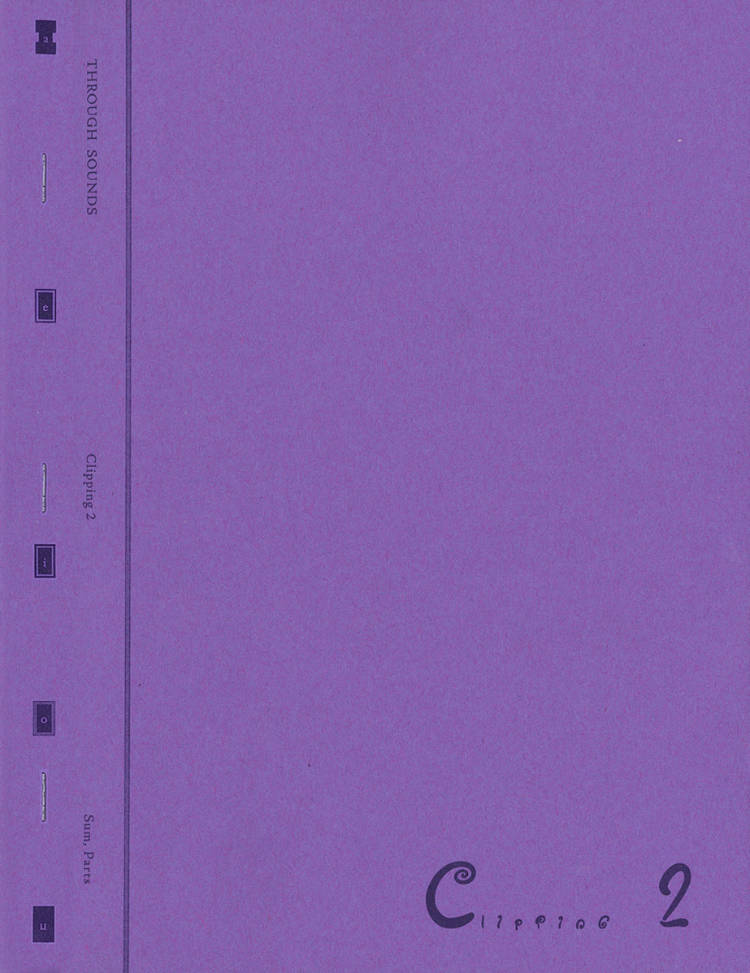
Clipping 2: Sum, Parts
Clipping 2: Sum, Parts brings together transcripts, commissioned texts, studies, and personal reflections that explore how transformation is central to building archives that remain alive through time. Clipping, in sonic terms, signals distortion—moments when excess pushes beyond clarity and opens new spaces of possibility.
The issue features contributions by Monique Todd, Andrea Zarza Canova, Cleo Tsw, Zahra Malkani, meLê yamomo, Melisa Cenik, Golnoosh Heshmati, Voice as Landscape (Alec Mateo and Lorenzo García-Andrade Llamas), Atiyyah Khan, Ibelisse Guardia Ferragutti, Femke Dekker, and Alice Twemlow. It is edited by Federica Notari and Cleo Tsw, designed by Catherine Hu and Cleo Tsw, and printed and bound by No Kiss.
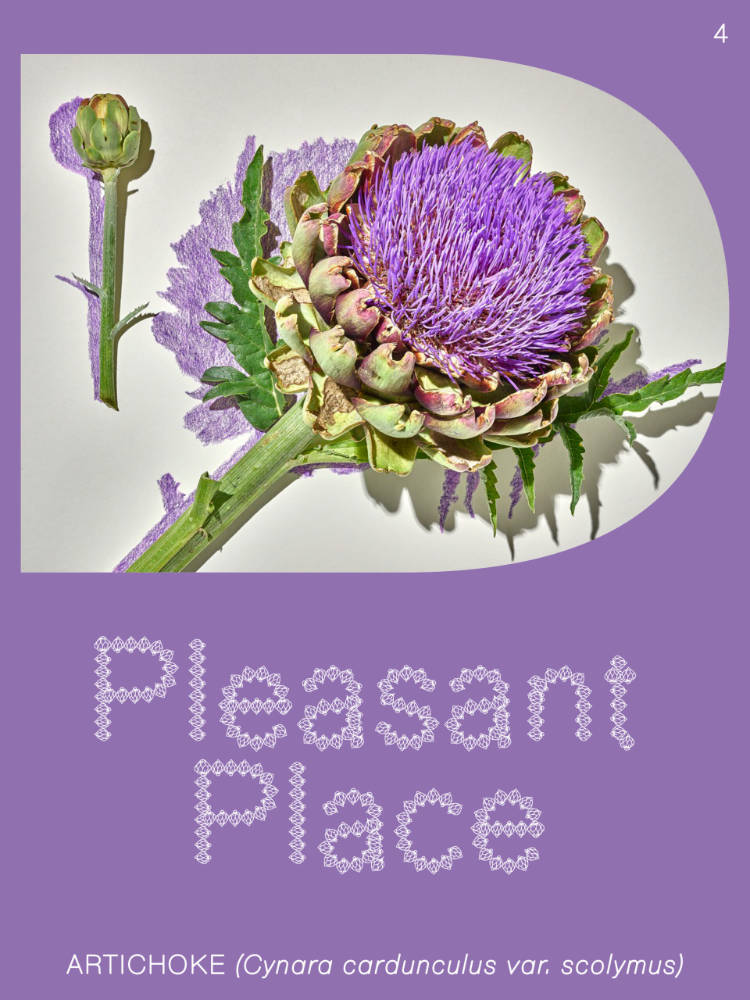
Pleasant Place 4: Artichoke
Guus Kaandorp, Floor Kortman and 1 more
Let’s get to know this monumental Mediterranean thistle, a sweetheart that deserves a place in both gardens and kitchens alike!
Including:
Artichokes: A Botanical Introduction – with botanical illustrations by Scheltens & Abbenes
Chokes in Art History – an overview of artichokes in the art history
Future Finials – Six new garden ornaments
Artichokes: Palatably Plated – A culinary history from around the world
Nostrale from Niscemi – Cultivating artichokes on Sicily
A set of garden miniatures by Kazuma Eekman
The cover is by by Scheltens & Abbenes, the inside cover is by Stephanie Hardy, and graphic design is by fanfare.
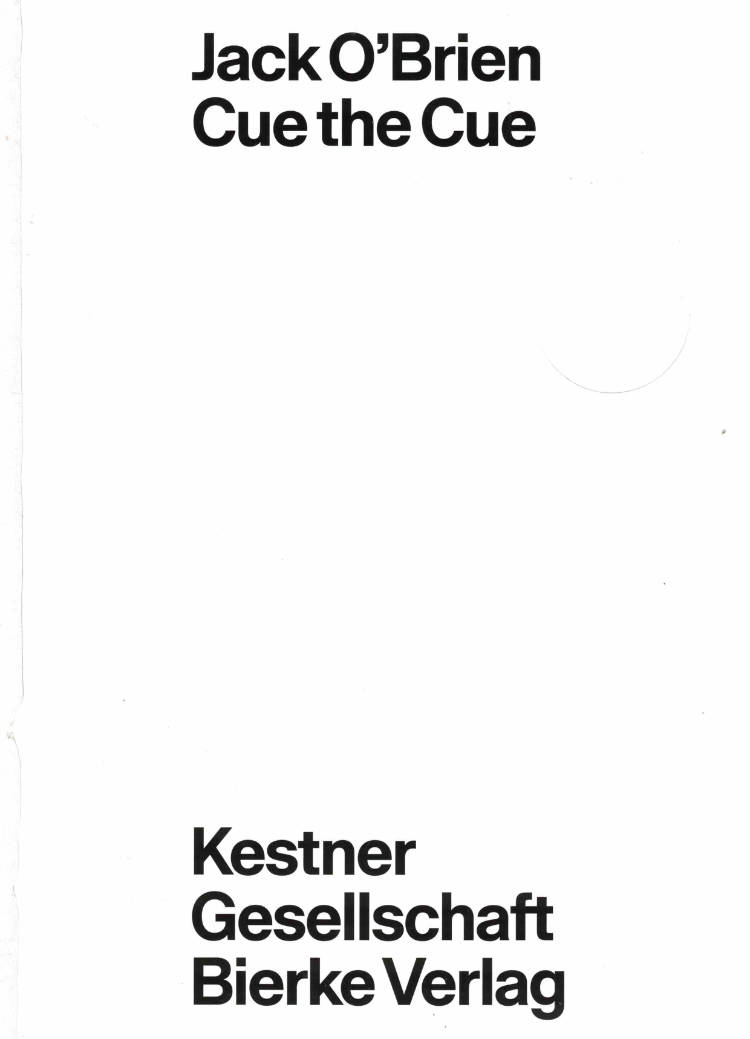
Cue the Cue
This publication accompanying his most comprehensive exhibition to date exhibition is Jack O’Brien’s first monograph. Conceived by the artist himself, it complements the exhibition in both form and content, documenting his practice from 2021–2025 and transfers it into a different medium. Developed as an artist’s book it stands in direct relation to the magazine collages in the exhibition. The torn book cover, perforated paper pages, and a shoelace sealed under cellophane make the publication itself a sculptural gesture.
O’Brien negotiates themes such as staging, visibility, queer identity, and the circular dynamic between consumption, body, and performance. The title refers to the English “cue”—a theatrical cue—and at the same time to its repetition. This double meaning reflects O’Brien’s working method, in which material, form, and gesture continually oscillate between suggestion and withdrawal, presence and dissolution. O’Brien works with found and discarded objects, which he transforms through gestures of wrapping, binding, and perforation. His sculptures, installations, and collages use industrial materials such as cellophane, shrink wrap, and synthetic textiles.
The catalogue brings together the first substantial essays on O’Brien’s work. Alexander Wilmschen introduces the exhibition, in which chance becomes the driving force of reordering, and situates O’Brien’s work within the context of queer phenomenology. Kristian Vistrup Madsen examines the sadomasochistic dimensions of the work. Juliette Desorgues reads the sculptures as embodied punctuation. In conversation with Jeppe Ugelvig, O’Brien reflects on his artistic methodology and language.
The result is a monograph which also formally works with the moments of controlled instability that are so striking in the exhibition: floating, supported and warped.
Texts: Juliette Desorgues, Kristian Vistrup Madsen, Jack O’Brien & Jeppe Ugelvig (Interview) and Alexander Wilmschen
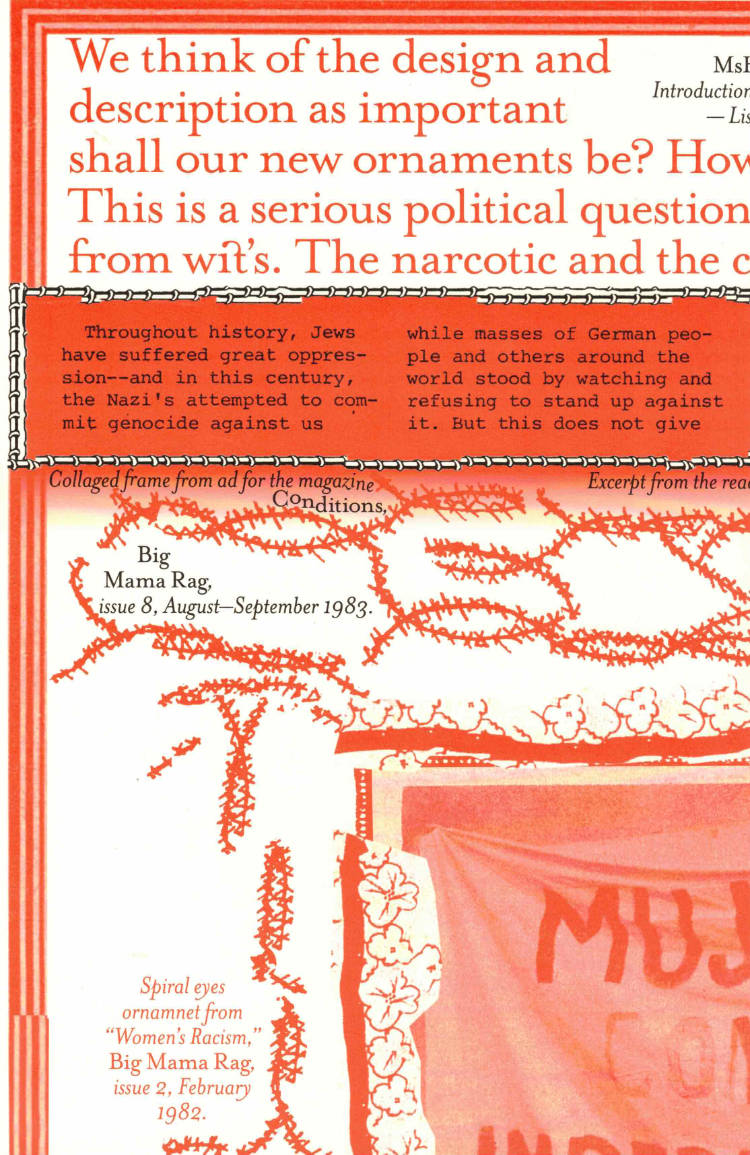
MsHeresies 7 - Introduction to The Weather
This seventh issue, four folded offset-printed posters, publishes sampled and reworked material from the feminist collective and publication Big Mama Rag (1972–84, Denver, Colorado), specifically focusing on the issues and articles dealing with the Palestinian and international feminist struggle. Typeset alongside this archival collage is “Introduction to The Weather” (2001) by poet Lisa Robertson.
4 folded posters (narrow A2)
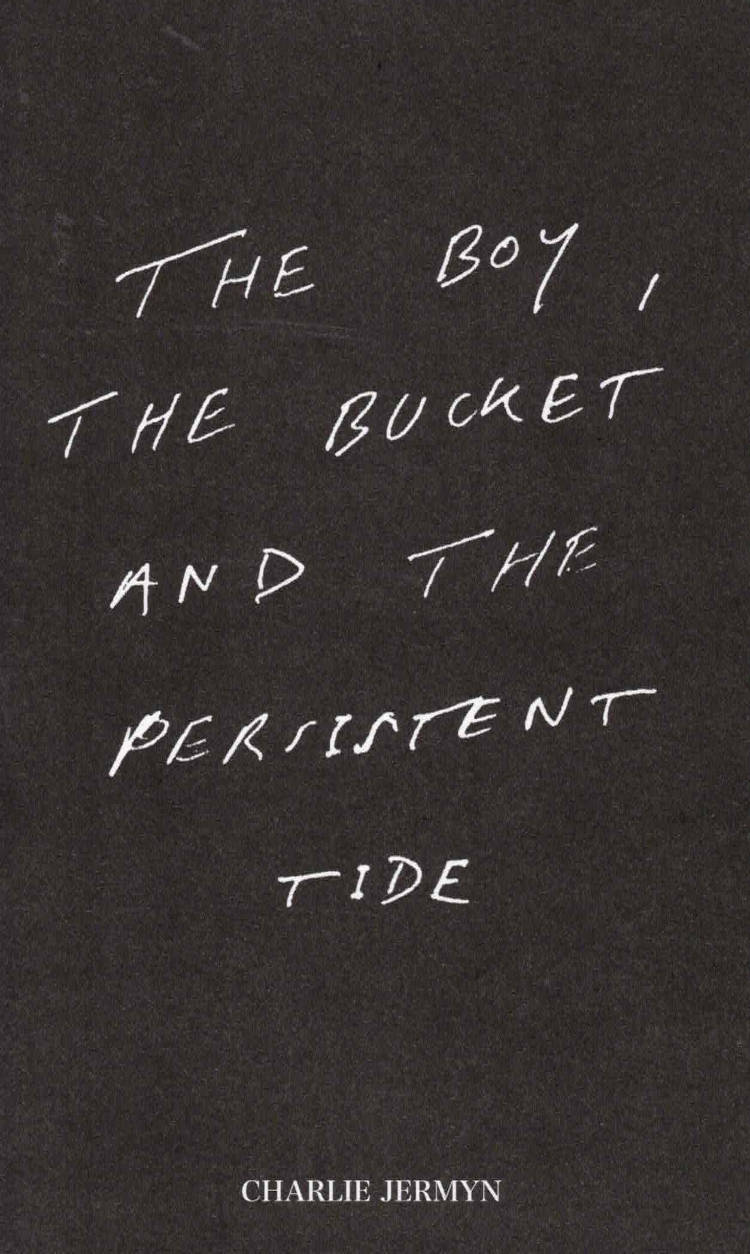
the boy, the bucket and the persistent tide
the netherlands has been the home of irishman charlie jermyn for the last 5 years; it’s a nation that has been dredged up from the water and which attempts, to this day, to hold back the persistent tide. in this brilliant and very-hard-to-describe debut novel, jermyn brings the common and absurd to crisp, shimmering life through his essays and short non-fiction pieces, reminding us to take note of the mad and brilliant world around us before the tide comes in again.
illustrated by samuel van heijningen
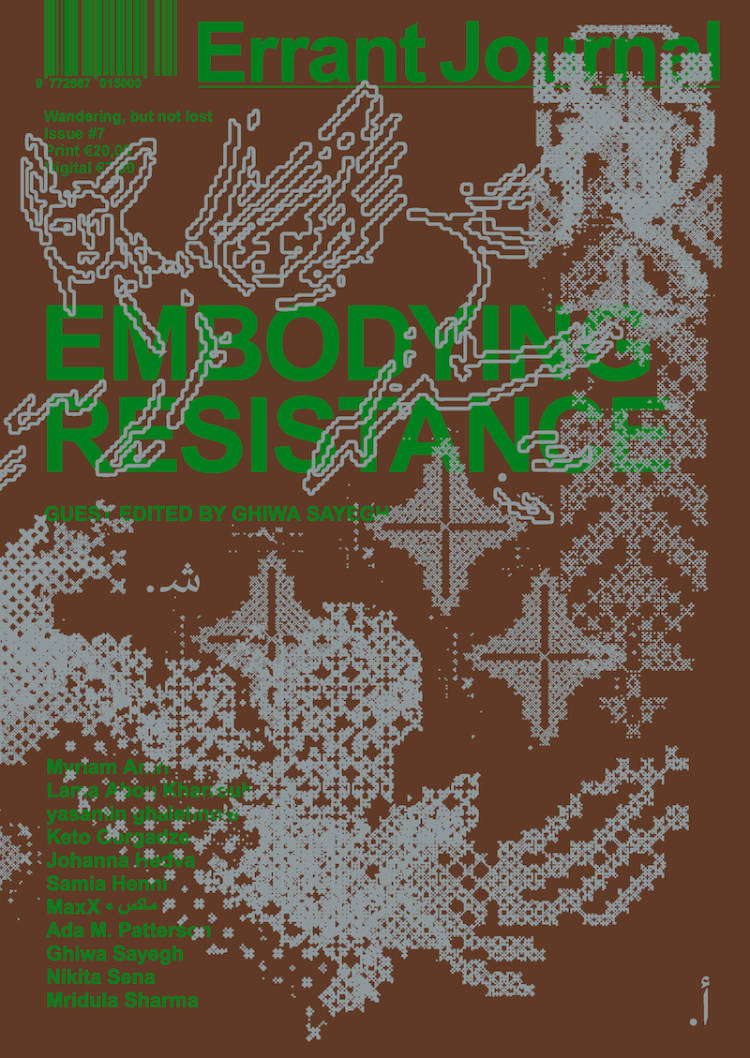
Errant Journal 7: Embodying Resistance
The seventh issue of Errant Journal is guest edited by Ghiwa Sayegh and aims to interrogate the role of the body in strategies of resistance from below. Taking Palestine as a starting point, the ongoing genocide committed by Israel and other colonial powers and the people’s continued struggle for liberation inform the issue’s thinking and praxis. From this political standpoint, it explores the ways in which bodies – that are sexualized, criminalized, racialized, crip – have been able to divert and subvert in order to fight back. To resist from the body is what crip theory tells us is a matter of need. It is a body that no longer fears deviation, specifically because of how cheap our lives are considered and how dangerous our futures are treated. It is about finding community and kinship when we are told we are alone.
Contributors:
Myriam Amri, Lama Abou Kharroub, yasamin ghalehnoie, Keto Gorgadze, Johanna Hedva, Samia Henni, MaxX • ماكس, Ada Maricia Patterson, Ghiwa Sayegh, Nikita Sena, Mridula Sharma
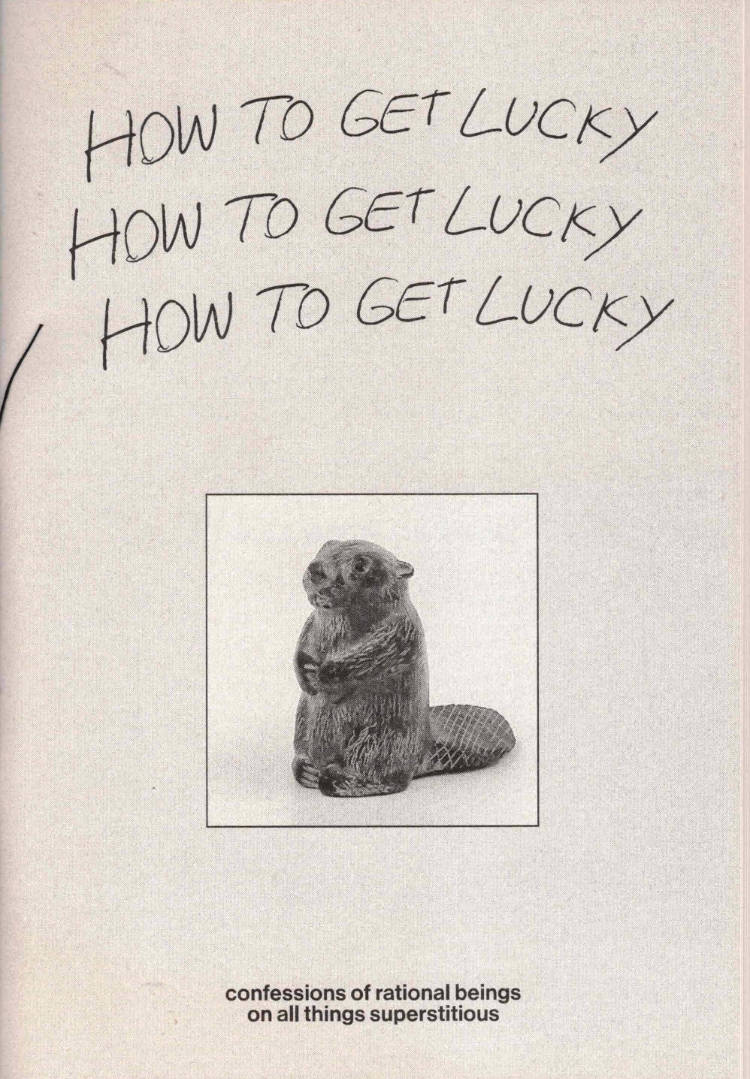
How to Get Lucky
The 24h Book is a series of artist collaborations in book form. Each book is developed and produced according to a rigid schedule and with a clear set of rules and limitations.
Each artist is placed in a space with Studio The Future for 24 hours, during which time all content (including narrative, images, graphic design etc.) is conceived, produced, and printed.
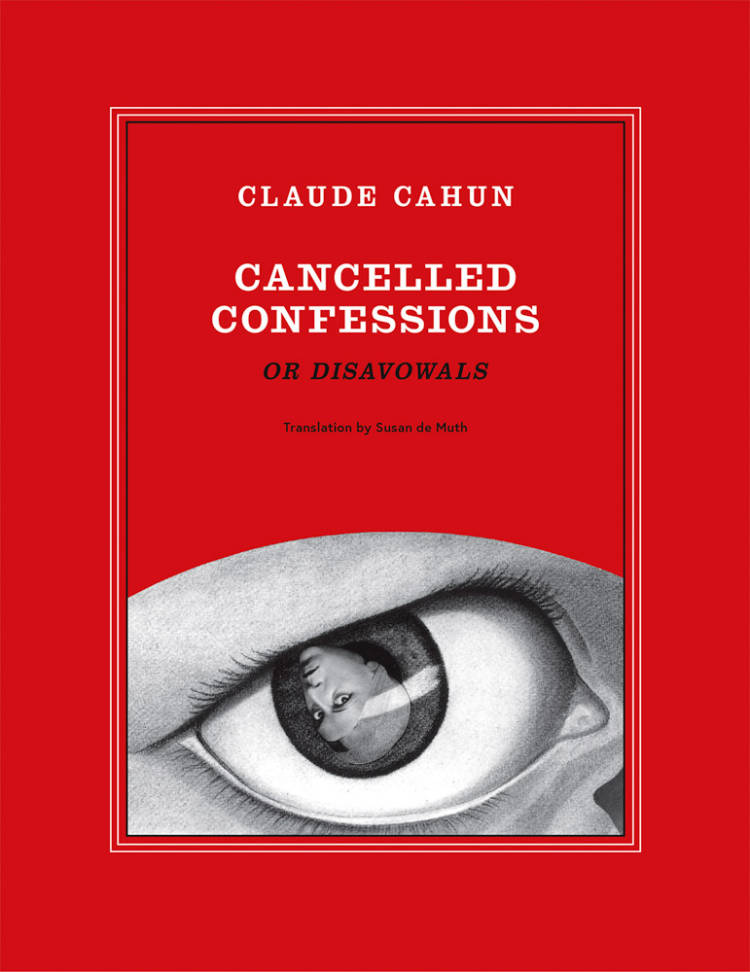
Cancelled Confessions (or Disavowals)
First published in 1930 by anti-fascist, avant-garde publisher Éditions du Carrefour in Paris as Aveux non Avenus, Cancelled Confessions (or Disavowals) is Claude Cahun’s wildly radical answer to an invitation to write a memoir. Shattering the very premise of the “memoir”—the singularity of identity—into sharp and prismatic fragments, Cahun assembles an ever-mutating inquiry into the instability of “self” and its many masks.
Masculine? Feminine? It depends on the situation. Neuter is the only gender that always suits me.
Using a multitude of forms (fables, jokes, aphorisms, letters, dialogues, dreams, hymns, pronouncements, etc.), to plumb the subjects of desire, love, gender, sex, fear, faith, religion, and vanity (among others), Cancelled Confessions (or Disavowals) is a tour-de-force work of resistance: it provokes the reader to enter the capacious, provocative, playful, and deeply imaginative space constructed by Cahun in defiance of all categorization, to repudiate a delimited, censured world and embrace, instead, the outcasts and cast-offs, the unknowable and the unknown.
I believe, but in the conditional: I would like to believe.
Thoughtfully redesigned to emulate the original artist’s book, this revised edition of the out-of-print English translation by Susan de Muth—originally published in the UK by the Tate in 2007 and in the U.S. by MIT Press in 2008—includes novelist and critic Pierre Mac Orlan’s original 1930 preface along with contemporary essays by scholar Amelia Groom and translator de Muth. Almost 100-years-old, it is not only prescient, but urgent, in.
It’s not enough to be vanquished, you also have to know how to turn defeat to your advantage.
Translated by Susan de Muth, preface by Pierre Mac Orlan, essay by Amelia Groom.
![Cover of [Launch] Bourgeois Coldness by Henrike Kohpeiß](https://rile.space/storage/4140/01KJEZYQ4QHDWBDA9VYZEB9GJH.jpg)
![Cover of [Reading] On y est presque / Almost There](https://rile.space/storage/4147/01KJPWJ0DMMQTTX64H7DAFKFYQ.jpg)